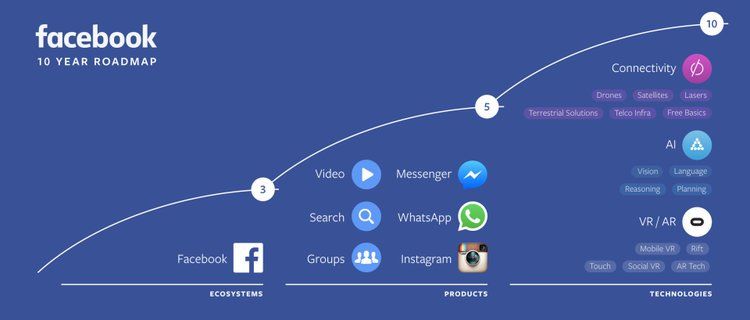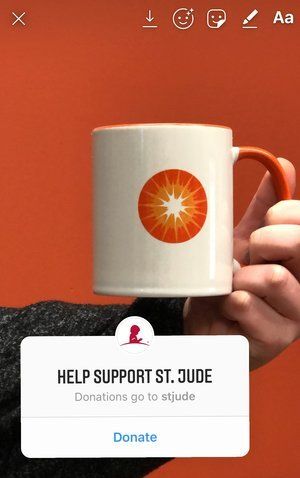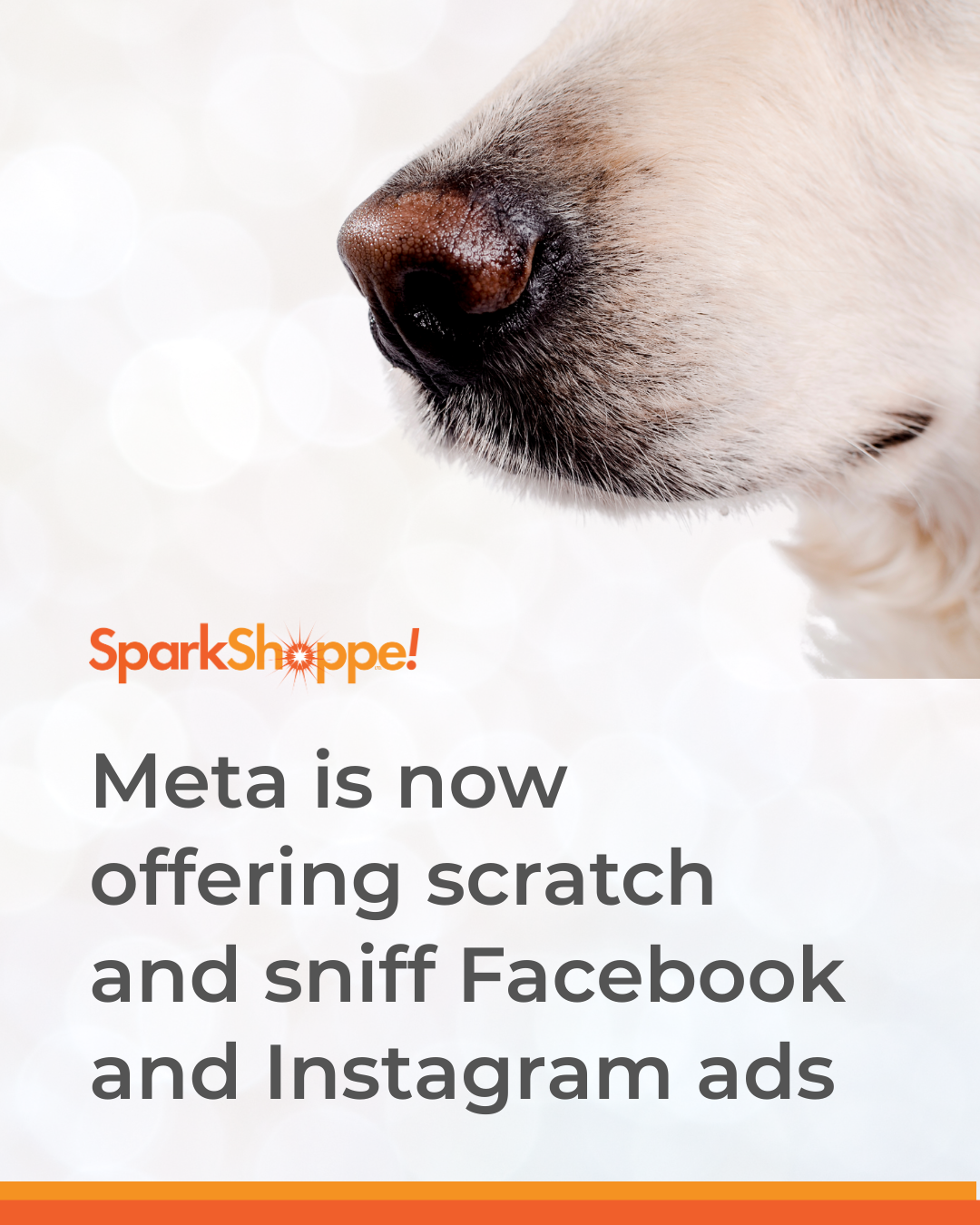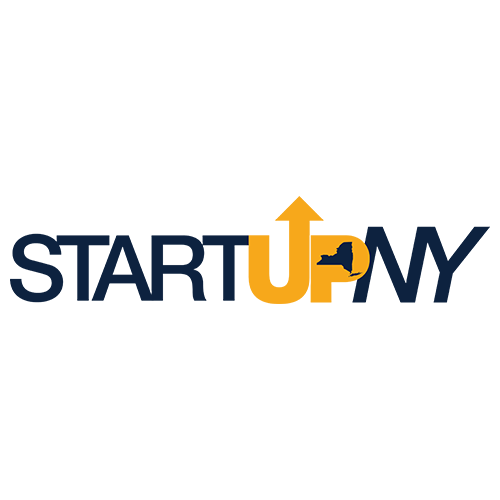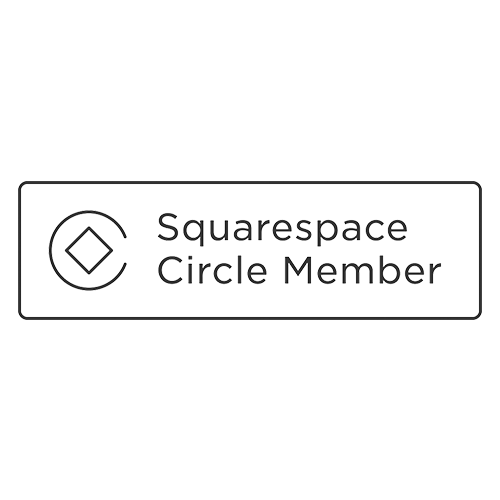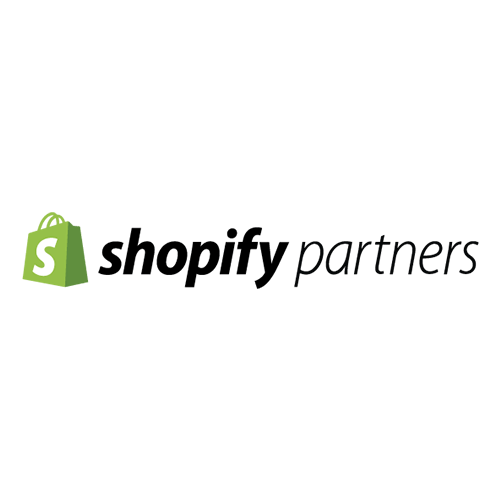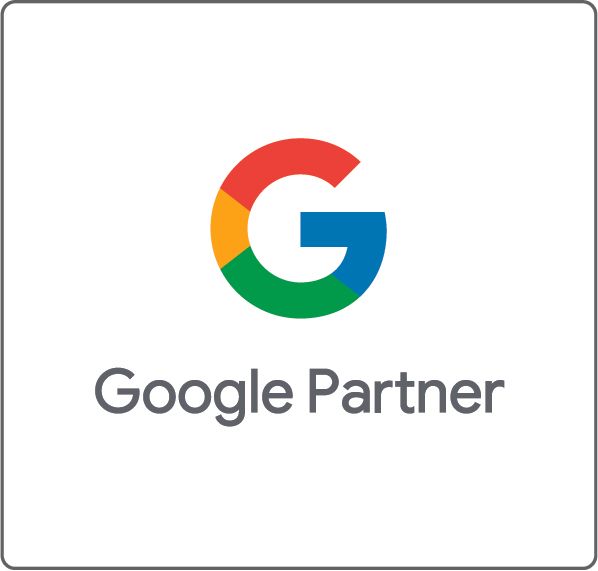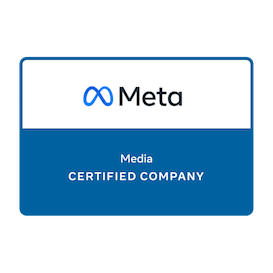A Recap of F8: What's Coming To Facebook
Facebook is often thought of as the “boredom killer.” While the platform originated as a place for people to connect, Facebook has now become a content hub for everything from funny cat videos to news updates. Gone are the days of posting status updates with your friends from college. Many users are apprehensive to post personal information because of Facebook’s recent reputation regarding privacy. Zuckerberg now has a vision to take Facebook back to its roots.
With a total overhaul of the platform, Facebook is shifting to create a safe place where people can interact with others who share common interests. Many of the updates announced at the F8 in San Jose, CA on April 30 & May 1, 2019 are aligned with this shift towards a sense of community.
Here’s what to expect:
REDESIGN
Facebook will begin rolling out a new look said to be “more calming.” The platform is removing the familiar, albeit outdated, blue bar from the top of the page and mobile-app in favor of an all-white look. The Facebook logo colors have been inverted to complement the new look and the typeface has been modernized for a sleeker vibe. The redesign has been rolling out.
FACEBOOK MARKETPLACE
Facebook Marketplace is also getting updated. Expanded checkout options will become available as Facebook moves further into the online buying and selling space. At F8, Facebook announced out the option to request nationwide shipping information and pay for products securely from right inside Facebook.
Facebook’s 10 Year Roadmap, courtesy of Facebook Newsroom
FACEBOOK DATING
Facebook Dating is set to launch in the US before the end of the year. Included in Facebook Dating is the “secret crush” feature. The “secret crush” feature allows users to say they are interested in another Facebook dating user without them knowing unless that person also expresses a “secret crush” interest.
INCREASED PRIVACY
After the Cambridge Analytica scandal that put Facebook under scrutiny, Zuckerberg announced that Facebook is committed to increasing their privacy standards. Zuckerberg used the analogy creating a “digital living room.” To begin increasing privacy, end-to-end encryption of all messaging services (Facebook Messenger and Instagram Direct Messaging) will be implemented (currently What’s App is the only Facebook property that includes this feature).
MESSENGER
The existing Messenger app for phones takes up a great deal of space. Messenger is getting rebuilt from the ground up and will ultimately decrease the amount of space utilized. In addition, Facebook is launching a desktop Messenger app so that users don’t have to open a browser to chat. As previously mentioned security is increasing with end-to-end encryption. This end-to-end encryption will be carried over into their proposed “interoperable messaging platform.” An interoperable messaging platform is aiming to merge traditional SMS, Messenger, WhatsApp, and Instagram direct messages into one secure platform.
UPDATED CAMERA
The Instagram camera is getting a redesign. Users will begin to see different camera modes as a dial around the shutter button instead of horizontally along the bottom of the screen. Facebook also announced a new “Creative” mode that will allow users to create content without a photo or video. Facebook stated this mode will incorporate the use of interactive stickers, but the details are unclear.
HIDDEN LIKES
Perhaps the biggest announcement regarding Instagram is removing the prominent number of likes a photo has when browsing. Instagram will be hiding the number of likes from followers, but the original poster will still be able to see the total. Followers will be able to click and view who liked the photo, and could add them up if they desired, but the total like count will not be found.
From a business perspective, likes have been scrutinized for being a “vanity metric” and are not necessarily a true reflection of the impact of social media marketing efforts on sales and business results. This is especially true when influencers are accused or caught purchasing likes with third-party bots.
Instagram has also been scrutinized for creating an unhealthy competition among users. Zuckerberg states that removing the like count feature is an effort to promote more human to human connection and interaction, instead of focusing on flaunting a number of likes.
Hiding the number of likes on posts could mean that brands change their guidelines for determining candidates for their influencer marketing campaigns. It would be more difficult (or near impossible) to calculate engagement rate with hidden likes. This could be a market opportunity for agencies who pair brands and influencers, and who have strict vetting policies for the accounts they select. Hidden likes could also lead to calculating an entire different metric to evaluate what is important for marketing. Tracking links and discount codes are alternative methods used to ensure the campaign’s ROI.
FUNDRAISER STICKER
Following in Facebook’s footsteps, Instagram will be adding a fundraiser option. The option is found as a story sticker. 100% of proceeds will benefit the poster’s selected charity. This feature will likely appeal to Gen Z, (who typically care more about social causes, read more about Gen Z here). The donation sticker was made live immediately following F8.
INSTAGRAM SHOPPING
Checkout functionality will be available directly in Instagram from creators/influencers. The function will appear when users “tap” on the screen. Product-based business Instagram accounts who qualify can currently link products. These products link back to the company’s website. With Instagram shopping, purchases will be able to take place directly on the app. Learn more about this feature on our Instagram Shopping blog here.
Other Facebook Apps
WHATSAPP
Facebook announced that their popular messaging app, WhatsApp will soon allow businesses to accept payments from customers within the app. Zuckerberg’s vision is that “sending money should be as easy as sending photos.”
VIRTUAL REALITY & AUGMENTED REALITY
Facebook continues their push for Virtual Reality development. The Oculus headsets and software are to remain under development. The Oculus Quest, which was announced in 2018, received an official launch date of May 21. The Quest is the first “standalone” VR headset - meaning it is the first VR headset that doesn’t require connection to a PC to operate. The Quest also allows the user to define boundaries that ensure safe operation during use (meaning the user won’t accidentally bump into objects, walls or furniture).
The Rift S was also announced. The Rift S is a moderate upgrade from the Rift and still requires a PC to operate. The Rift S has a sleeker design and updated camera. Both the Quest and Rift S are available via presale for $399.
At F8, plans were mentioned to implement virtual reality avatars into future chat messaging systems. This would further expand Facebook’s sense of community and efforts to create a “digital living room.”
Never miss an update from “The Shoppe,” sign up for our email list today!
Subscribe
Sign up with your email address to receive news and updates.
Subscribe
We will get back to you as soon as possible.
Please try again later.
We respect your privacy.

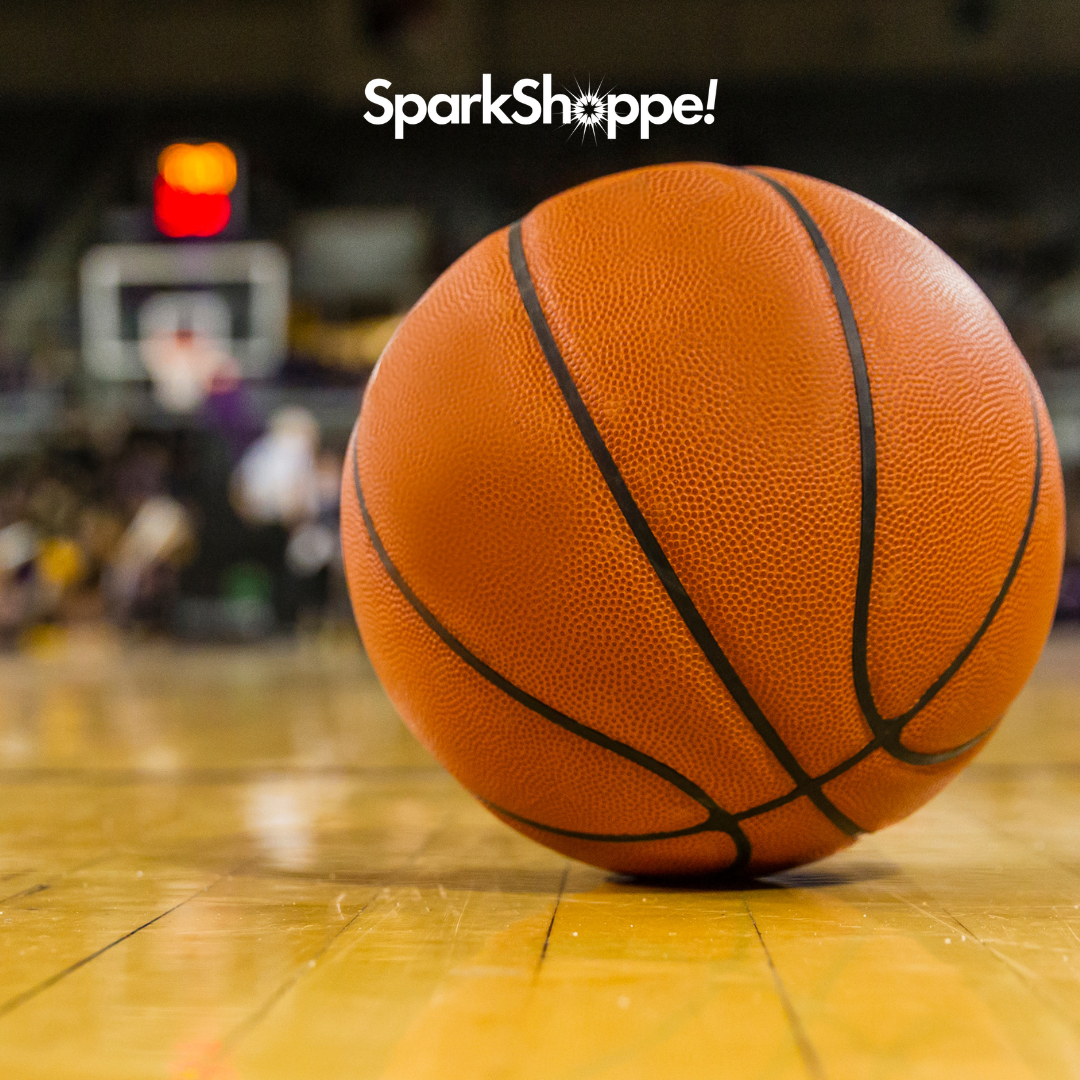

Address
4 Corporate Drive,
Clifton Park, NY 12065
Shopper and Marketing Insights to Your Inbox!
Sign up with your email address to receive updates and insights from the SparkShoppe team!
Newsletter footer
We will get back to you as soon as possible.
Please try again later.
We support your right to privacy and therefore will not disclose your personal data to other organizations, third party vendors, suppliers or marketers.
© 2024 All Rights Reserved | Privacy Policy | Accessibility Statement

